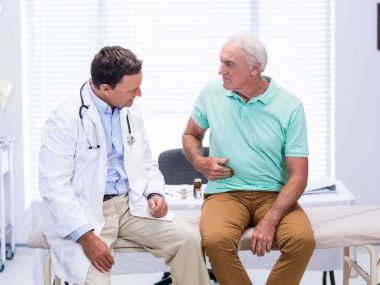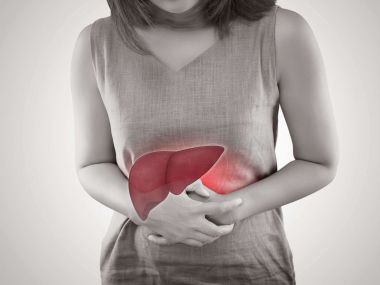Gastro - of course: This must have to do with the stomach. In fact, the ancient Greeks called the stomach Gaster. From gastronomy to gastritis, the word often accompanies us. Accordingly, gastroenterology is the branch of internal medicine that deals with disorders and diseases of the digestive system and the abdominal cavity.
But it is not only the stomach that can be afflicted by functional disorders. The intestines are of course also part of it - but in a broader sense also the esophagus, the pancreas, the liver and the gall bladder. This is why gastroenterologists often work together with other specialists - with surgeons, radiologists and oncologists.





